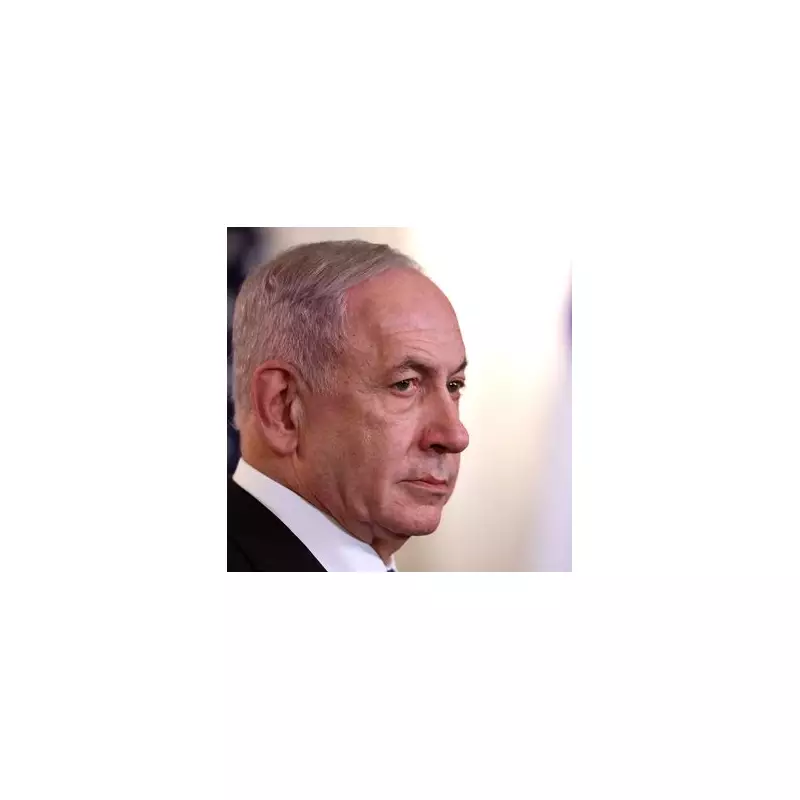
Explosive classified documents have revealed a stunning diplomatic contradiction, showing Israeli Prime Minister Benjamin Netanyahu secretly urging then-US President Donald Trump to apologise to Qatar during a bitter Gulf dispute, despite publicly aligning with Saudi Arabia's anti-Qatar stance.
The Diplomatic Double Game
According to leaked correspondence from 2018, Netanyahu privately advised Trump to make amends with Qatari leadership, specifically suggesting the American president should "apologise to the Amir of Qatar" following a contentious phone call that had severely strained relations between Washington and Doha.
Contradicting Public Position
This revelation exposes a remarkable diplomatic double-game, as Netanyahu had publicly positioned Israel alongside Saudi Arabia and the United Arab Emirates during their blockade of Qatar. The leaked documents suggest the Israeli leader was playing both sides in the complex Gulf geopolitical landscape.
The Trump-Qatar Fallout
The crisis stemmed from a reported phone conversation where Trump allegedly accused Qatar of funding terrorism "at a very high level," creating a significant rift in US-Qatar relations. At the time, Qatar hosted the massive Al Udeid Air Base, home to approximately 10,000 US military personnel, making the diplomatic breakdown particularly sensitive.
Strategic Calculations
Netanyahu's unexpected intervention suggests complex strategic calculations behind the scenes. While maintaining public alignment with Saudi interests, the Israeli leader recognised Qatar's growing influence and potential value as a mediator in regional affairs, particularly concerning Gaza and broader Middle East peace efforts.
Regional Power Dynamics
The leaked communications highlight the intricate balancing act Middle Eastern nations must perform in their foreign policies. Netanyahu's private counsel to Trump demonstrates how regional leaders often maintain contradictory public and private positions to navigate the volatile geopolitics of the Gulf region.
These revelations raise significant questions about the consistency of foreign policy approaches in the Middle East and the hidden diplomatic channels that often contradict official public statements.






